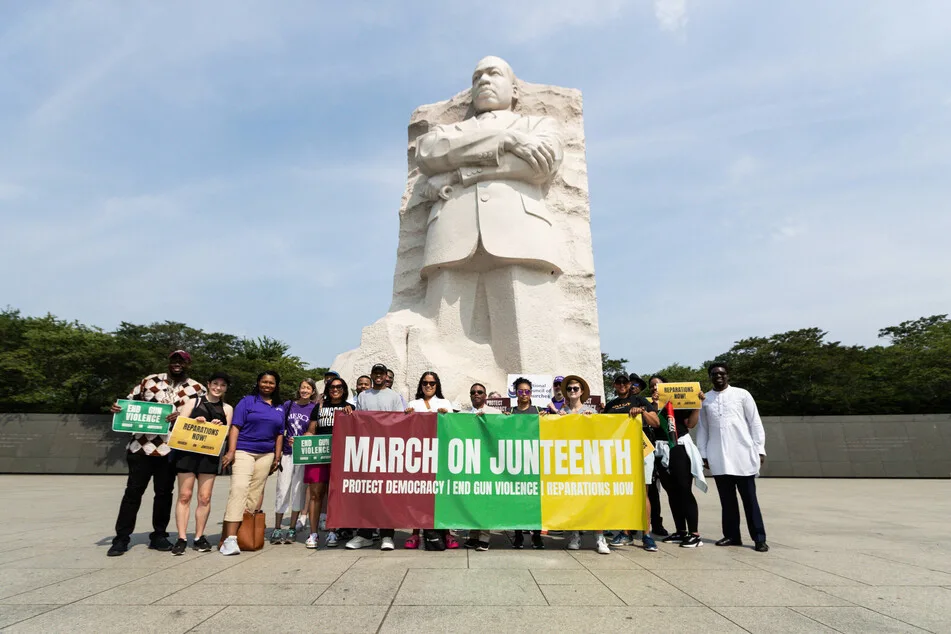Racial wealth gap to persist for centuries without reparations, new report finds
As Labor Day commemorations commence, Black Americans are facing a harsh reality: without reparations, it will take over 500 years to achieve economic equality.
Washington DC – As people around the country commemorate Labor Day, Black Americans are facing a harsh reality: that without reparations, it will take more than 500 years to achieve economic equality.

A report released last month by the Institute for Policy Studies determined it will take Black households an astounding 513 years to reach income parity with white households, despite significant socioeconomic advancements since the Civil Rights Movement.
When Rev. Dr. Martin Luther King, Jr. gave his famous “I Have a Dream” speech during the 1963 March on Washington, Black Americans had a 51% poverty rate compared to 15% for white Americans.
Nearly six decades years later, one in five Black Americans (20%) lived in poverty in 2021, compared to one in 12 white Americans (8%).
High school attainment among Black Americans has sharply increased from 24.8% in 1962 to 90.1% in 2022, but Black college attainment still remains behind at just 27.6% compared to white college attainment at 37.9%.
Unemployment rates have also dropped significantly over the years, coming in at 5% and 6% since 2018 and before the Covid-19 pandemic.
Nevertheless, the report found it will still take Black Americans centuries to catch up with white Americans – unless direct action is taken to reduce the racial wealth gap, which researchers have calculated to total at least $14 trillion.
Researchers propose solutions to reduce Black-white economic divide

While the report paints a grim picture, the authors have made clear that the situation is not beyond hope – if politicians take action now.
Some of the proposed solutions to narrow the economic divide include instituting a federal jobs guarantee, expanding access to land and homeownership, raising taxes for the ultra-wealthy, and guaranteeing universal health care in the form of Medicare For All.
Another core piece of the puzzle is a robust reparations program for Black Americans to address the ongoing vestiges of enslavement, Jim Crow, and present-day structural racism. The authors of the report noted that such a program could be financed by increasing taxes and closing tax loopholes for the wealthiest Americans, rather than increasing the burden on everyday taxpayers.
While reparations efforts at the city and state level hold promise, the study found that federal action will also be necessary to eliminate the racial wealth gap.


